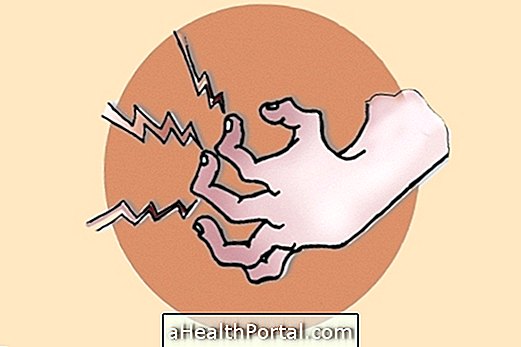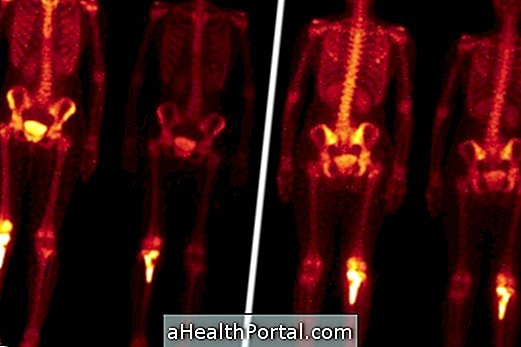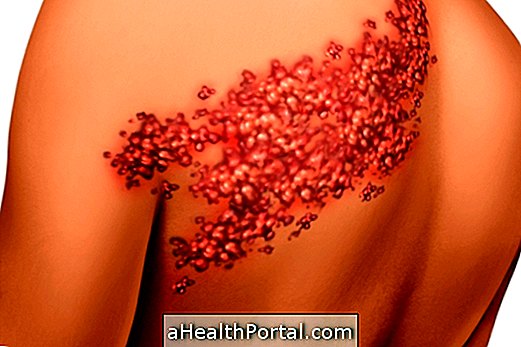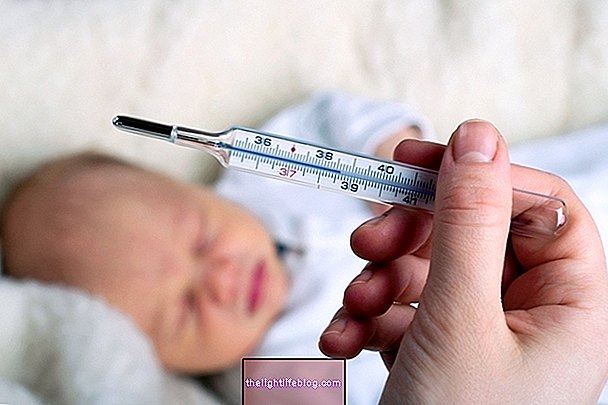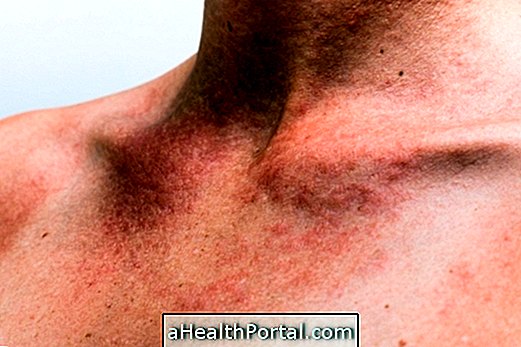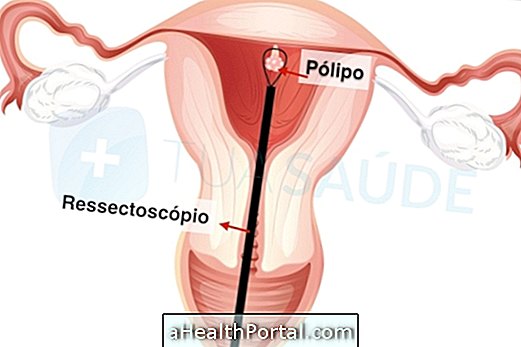Symptoms of vaginal cancer such as bleeding after intimate contact and foul-smelling vaginal discharge usually appear between the ages of 50 and 70 in women infected with the HPV virus but may also occur in younger women, especially if they have risky behaviors such as having relationships with various partners and not using condoms.
However, cancer in the vagina is very rare and, most of the time, appears as worsening of cancer elsewhere in the body, such as in the cervix or vulva, for example.
Most of the time the cancerous tissues are located in the inner part of the vagina, with no alteration visible in the outer region, so the diagnosis can only be made based on imaging tests ordered by the gynecologist or oncologist.

Possible symptoms
When it is at an early stage, vaginal cancer does not cause any type of symptom, however, as it develops symptoms may appear as the following. Check the symptoms that you may be presenting:
- 1. Defective or very liquid discharge Yes No
- 2. Redness and swelling in the genital area Yes No
- 3. Vaginal bleeding outside the menstrual period Yes No
- 4. Pain during intimate contact Yes No
- 5. Bleeding after intimate contact Yes No
- 6. Frequent urge to urinate Yes No
- 7. Constant abdominal or pelvic pain Yes No
- 8. Pain or burning while urinating Yes No

The symptoms of cancer in the vagina are also present in numerous other diseases that affect the region, so it is important to go to routine gynecological appointments and periodically do the preventive examination, also called a pap smear, to identify changes at an early stage, ensuring better chances of cure.
See more about the pap smear and how to understand the result of the exam.
To make the diagnosis of the disease, the gynecologist scrapes the tissue from the surface inside the vagina for biopsy. However, it is possible to observe with the naked eye some wound or suspicious area during a routine gynecological appointment.
What Causes Vaginal Cancer
There is no specific cause for the onset of cancer in the vagina, however, these cases are usually related to HPV infection. This is because some types of the virus are able to produce proteins that alter the way the tumor suppressor gene works. Thus, cancer cells are easier to appear and multiply, causing cancer.
Who is most at risk
The risk of developing some type of cancer in the genital region is higher in women with HPV infection, however, there are other factors that may also be at the origin of vaginal cancer, which include:
- Be over 60 years old;
- Having a diagnosis of intraepithelial vaginal neoplasia;
- Be a smoker;
- Having HIV infection
Since this type of cancer is more common in women who have HPV infection, prevention behaviors should be avoided, such as avoiding multiple sexual partners, using a condom and doing the vaccination against the virus, which can be done free of charge at the SUS. girls between the ages of 9 and 14. Learn more about this vaccine and when to do the vaccination.
In addition, women who were born after the mother had been treated with DES, or diethylstilbestrol, during pregnancy may also be at increased risk for developing cancer of the vagina.
How to treat
The treatment varies according to the type of cancer that the woman has and its staging, but can be done through radiotherapy or the removal of the tissues affected by the disease, through surgery. Chemotherapy is indicated for palliative treatment only for the relief of symptoms.
Understand better the treatment options for cancer in the vagina.





